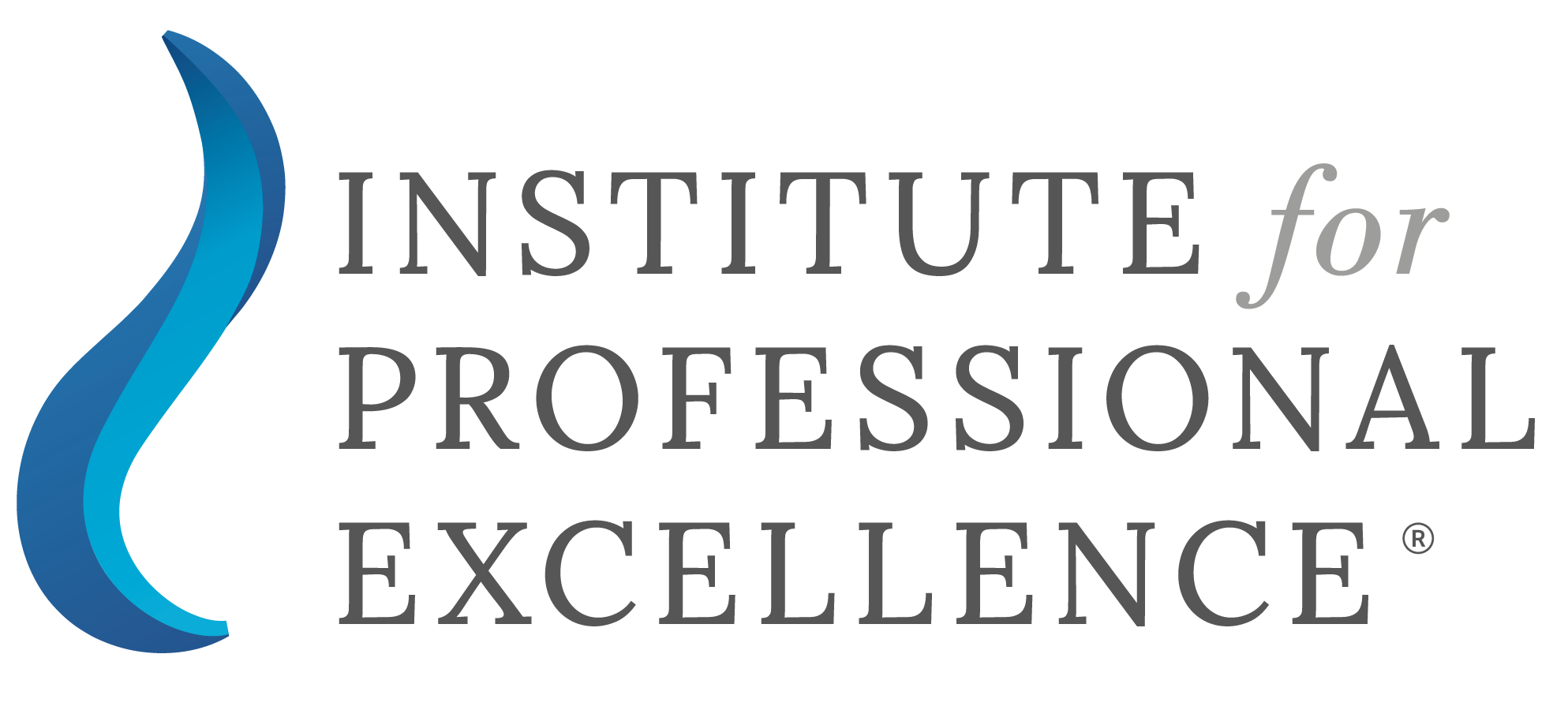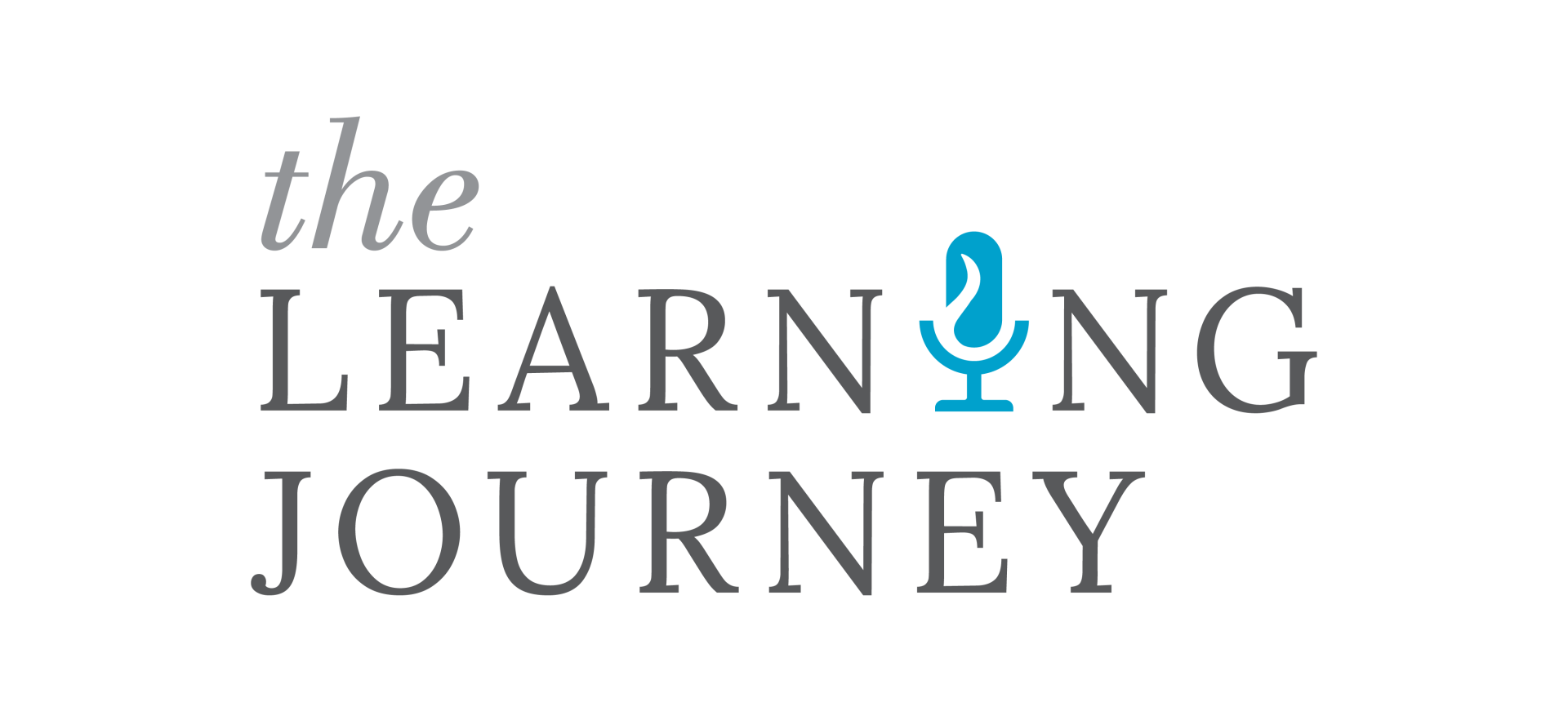Dec 13
/
Evdokia Pitsillidou
Compliance with the AML Regulatory Framework
about the author
Evdokia, a partner at SALVUS Funds, is actively advising and working on all matters related to licensing, regulatory compliance, and internal audit for investment firms, funds, Electronic Money Institutions (EMI) & Crypto-Asset Services Providers (CASP).
- Member of the Global Institute of Internal Auditors (IIA)
- Member of the Cyprus Investment Funds Association (CIFA)
- Certified Actuarial Analyst (CAA)
- CySEC Advanced Certified Person
- CySEC certified Anti-Money Laundering Compliance Officer (AMLCO)
The European Anti-Money Laundering (AML) Framework is designed to safeguard European financial markets and ensure the establishment of beneficial business relationships. To achieve this goal, regulatory provisions continuously evolve to address new threats and emerging methods of exploiting the markets.
Towards the end of this blog post, you will find detailed information about the skills and competencies acquired upon course completion and how they contribute to ensuring AML compliance.
The AML Regulatory Framework
Based on the recommendations from the Financial Action Task Force (FATF), the European AML framework encourages the adoption of uniform rules and practices among Member States. This has led to the development of a series of Directives at the European level, outlining the necessary measures and controls to prevent money laundering and terrorist financing.
With the fourth and fifth AML Directives already in force and the sixth in the preparatory stages, European Directives necessitate transposition into national legislation by Member States. This involves each state carefully examining and adopting the provisions of each Directive to ensure alignment with their existing national laws and regulations.
To fulfill this purpose, Cyprus has enacted Law 188(I)/2007 on the Prevention and Suppression of Money Laundering and Terrorist Financing at the national level. This law undergoes periodic amendments in response to regulatory developments and is complemented by directives issued by competent authorities. These directives offer valuable guidance to regulated entities, including investment and financial institutions, in effectively interpreting and applying the legislative provisions.
Compliance Culture
The compliance culture, collectively and individually embraced by professionals, plays a pivotal role in an organization's commitment to ensuring AML compliance. At a high level, the AML/CFT compliance culture for investment and financial institutions is founded on the following essential pillars:
It is important to emphasize that the successful adoption of a strong compliance culture within an organization relies on active support from both the Management Body and Senior Management.
Professionals who complete this self-paced, self-study course gain the knowledge and skills needed to enhance company policies and procedures. They can effectively identify deficiencies and implement recommendations provided by the Cyprus Securities and Exchange Commission (CySEC).
The material of the course is delivered in PDF slides and online video recordings. Learners registered for this course are provided with the flexibility to learn wherever and whenever.
Upon completion of the course, learners have the opportunity to assess the knowledge acquired by answering a series of questions based on the examined material.
In this blog post, Evdokia Pitsillidou, an instructor at the Institute, explores the transposition of European AML Directives into national legislation by Member States and emphasizes the importance of fostering a robust culture of compliance within organizations.
To this end, a comprehensive course titled 2023 AML Regulatory Updates is offered through the IforPE platform. This course delves into the essential concepts of Money Laundering and Terrorist Financing, analyzing the regulatory frameworks established at both European and national levels. Furthermore, it provides detailed insights into the specific regulatory requirements for investment and financial institutions.
Towards the end of this blog post, you will find detailed information about the skills and competencies acquired upon course completion and how they contribute to ensuring AML compliance.
The AML Regulatory Framework
Based on the recommendations from the Financial Action Task Force (FATF), the European AML framework encourages the adoption of uniform rules and practices among Member States. This has led to the development of a series of Directives at the European level, outlining the necessary measures and controls to prevent money laundering and terrorist financing.
With the fourth and fifth AML Directives already in force and the sixth in the preparatory stages, European Directives necessitate transposition into national legislation by Member States. This involves each state carefully examining and adopting the provisions of each Directive to ensure alignment with their existing national laws and regulations.
To fulfill this purpose, Cyprus has enacted Law 188(I)/2007 on the Prevention and Suppression of Money Laundering and Terrorist Financing at the national level. This law undergoes periodic amendments in response to regulatory developments and is complemented by directives issued by competent authorities. These directives offer valuable guidance to regulated entities, including investment and financial institutions, in effectively interpreting and applying the legislative provisions.
Compliance Culture
The compliance culture, collectively and individually embraced by professionals, plays a pivotal role in an organization's commitment to ensuring AML compliance. At a high level, the AML/CFT compliance culture for investment and financial institutions is founded on the following essential pillars:
- Appointment of an Anti-Money Laundering Compliance Officer (AMLCO) – this individual is responsible for supervising the day-to-day activities of the function and their appointed assistants.
- Implementation of Internal Policies, Controls, and Procedures – these should align with the firm's risk appetite and adhere to a risk-based approach.
- Regular Reporting to the Board of Directors – information on AML matters and the function's effectiveness is provided through frequent reports, at a minimum on an annual basis.
- Assignment of an Independent Internal Auditor – the auditor monitors and evaluates the effectiveness of the implemented policies, controls, and procedures.
- Ongoing Employee Training Program – training programs are developed, taking into account the specific duties and responsibilities of each role.
It is important to emphasize that the successful adoption of a strong compliance culture within an organization relies on active support from both the Management Body and Senior Management.
What is the AML Regulatory Updates course and what does in include?
The AML Regulatory Updates course, developed by SALVUS Funds and led by their Risk & Compliance Director, Evdokia Pitsillidou, focuses on delivering the key AML regulatory updates for 2022-2023 and discussing upcoming developments.
The AML Regulatory Updates course, developed by SALVUS Funds and led by their Risk & Compliance Director, Evdokia Pitsillidou, focuses on delivering the key AML regulatory updates for 2022-2023 and discussing upcoming developments.
Professionals who complete this self-paced, self-study course gain the knowledge and skills needed to enhance company policies and procedures. They can effectively identify deficiencies and implement recommendations provided by the Cyprus Securities and Exchange Commission (CySEC).
The syllabus of the AML Regulatory Updates course includes:
- Money Laundering - Terrorist Financing
- What is Money Laundering?
- Stages of Money Laundering
- Methods of Money Laundering
- What is Terrorist Financing?
- Differences between ML & TF
- Similarities between ML & TF
- ML & TF risks emanating from crypto-assets - MONEYVAL Assessment and follow-up reports
- What is MONEYVAL?
- MONEYVAL Assessment Dec 2019
- MONEYVAL - Areas for Improvement
- MONEYVAL Follow-up report Dec 2021
- MONEYVAL Follow up report Nov 2022
MONEYVAL - Partially Compliant Recommendations - Cyprus National Risk Assessments of 2018 & 2021
- Cyprus National Risk Assessment 2018
- Cyprus National Risk Assessment 2021 - The AML Regulatory Framework
- Supervisory Authorities
- Powers of the supervisory authority
- AML Regulatory Framework
- Upcoming AML Regulatory Updates
- 6th AML Directive - AMLD 6
- New AML/CFT Regulation
- Revision of Regulation 2015/847/EU
- EU AML Authority
- CySEC Circular C516 - Findings of the AMLCO Annual Reports' Assessment
- CySEC Circular C516
- Compliance Culture, Duties and Responsibilities
- Compliance Culture
- Stakeholders
- Board of Directors Responsibilities
- Client Acceptance Policy
- AML Compliance Officer Responsibilities
- Internal Auditor Responsibilities
- Education and Training
The material of the course is delivered in PDF slides and online video recordings. Learners registered for this course are provided with the flexibility to learn wherever and whenever.
Upon completion of the course, learners have the opportunity to assess the knowledge acquired by answering a series of questions based on the examined material.
The completion of this course counts towards the Continuous Professional Development (CPD) annual requirements for professionals, and holders of the CySEC Advanced, Basic and AML certifications.
Get in touch
If you have any questions about Evdokia's course or any other questions related to your training requirements, please contact us; we would love to help.
If you have any questions about Evdokia's course or any other questions related to your training requirements, please contact us; we would love to help.
From all of us at IforPE, the Institute for Professional Excellence,
Ancora Imparo
Ancora Imparo

#1 for CySEC, CBC, ICPAC & CBA CPD education
The Institute for Professional Excellence (IforPE)
Copyright © 2019-2026
The Institute for Professional Excellence (IforPE)
Copyright © 2019-2026
navigate
The Institute for Professional Excellence is protected under a registered European trade mark. The figurative trade mark registration number is 018854840. This trade mark is protected under the European Union's legislation.
